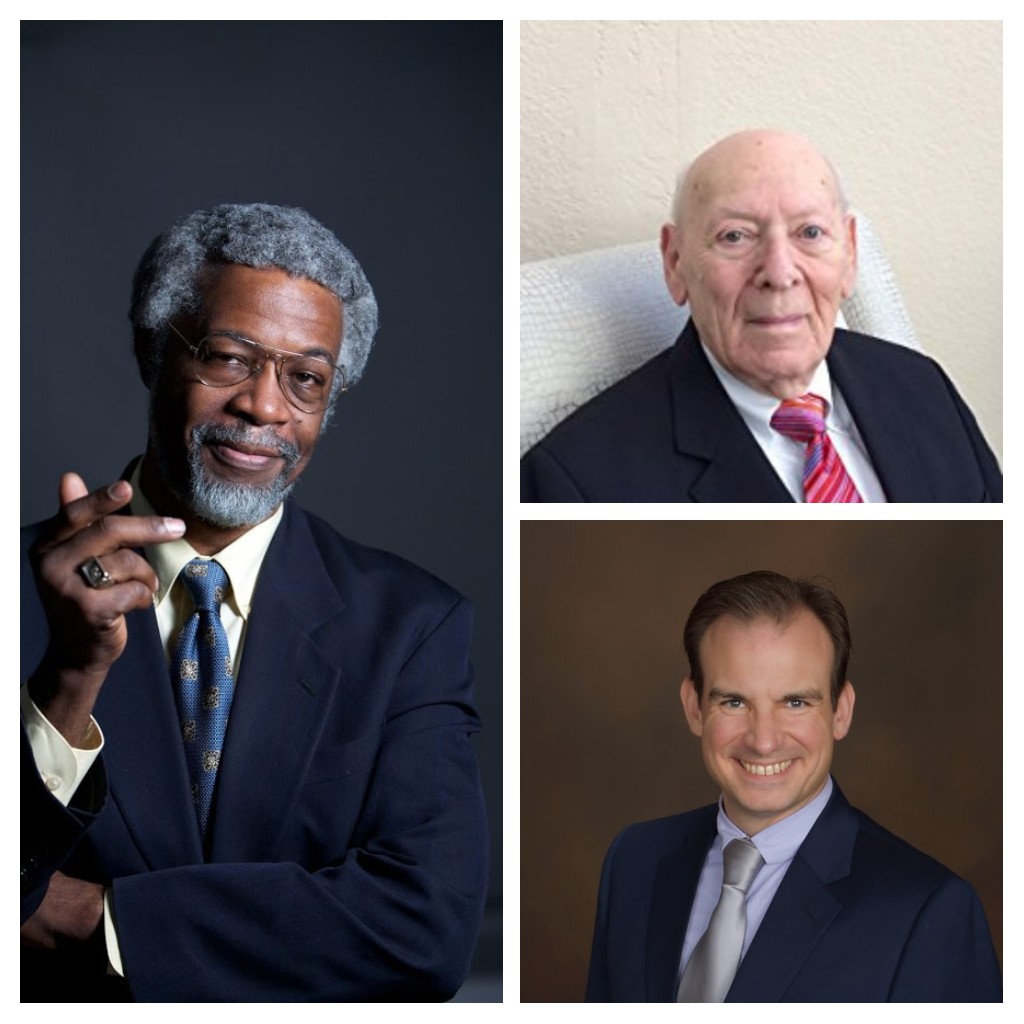Today, the SLAC colloquium was presented by Dr. Lawrence Krauss of the Case-Western Reserve University. Krauss is a popularizer of science, remembered for such books as “The Physics of Star Trek” and “Quintessence”. His topic today drew a large and varied crowd from the laboratory, and raises a vital question: is science under attack?
Krauss’ thesis was simple: there are organized groups whose ultimate purpose is the overthrow of science itself. The social war against the teaching of Evolution is a symptom of the larger cause, which is to take the scientific method, set it aside, and create a new “faith-based science”. Such ideas are core to the founding document of the Discovery Institute, popularly known as “The Wedge Document”. His cautionary tales of modern battles in the public school culminated in his talking points for scientists who go out of the lab and into the community to talk about science.
The three talking points I benefitted from the most were as follows. He raised the three issues that anti-science advocates, and many of the science-illiterate populace, often inject into the discussion as arguments against the view that creationism is not science. The first is “open-mindedness” (science is closed-minded when it says one idea should be taught over another), the second “fairness” (isn’t it just fair to teach both sides?), and the third is honesty (shouldn’t scientists be comfortable talking about the different sides of an issue?). To each of these, Dr. Krauss had some suggestions for how to discuss them.
Regarding open-mindedness, Krauss’ point was simple: intelligent design, or “teach the controversy”, advocates are the ones who are closed-minded. Why? Isn’t this just throwing the question back at them? Not really. The argument is simple: creationism or intelligent design is an example of trying to force reality, fact, and data to fit belief or faith. Science amends belief to fit reality. Which is more open-minded? Certainly not the former!
Regarding fairness, Krauss’ argument was also simple. How does science get into the public school system to be taught? Well, first a given scientific idea starts as a proposal, a hypothesis. This hypothesis is put to test in an experiment. The results of the experiment are published. Now, anybody can get published, so that can’t be (and isn’t) the only criteria. Good science is subject to the opinions, arguments, and usage of the larger scientific community. A good idea, tested with experiment, will then be used by other scientists to try to understand new phenomena, make predictions, and create more experiments. This feedback loop grows and grows, and 30-50 years later the idea, if it is still around, becomes part of textbooks. Look at any physics textbook, and you’ll see that the most recent material is still 30 years old.
Intelligent design wants to skip all that experiment, publication, and dissemination to the science community for further refinement and application. It’s trying to go straight from hypothesis to textbook. Now, *is that fair?*.
Finally, Krauss also talked about the issue of honesty. The argument here was also simple: is it patently **dishonest** to argue that schools should teach the controversy, when there is no scientific controversy over the validity of evolution to explain all known biodiversity. As Krauss put it, go search journals. You’ll find only about a dozen references to “intelligent design” that don’t refer to engineering, and about half of those reference argue for the idea while half argue against. Search for “evolution” and you’ll find most results (thousands and thousands of them) will be about biological evolution. Now, how can that possibly indicate a real scientific controversy?
Regarding this last point, Krauss also talked about using popular opinion to determine what is taught in the public schools. For instance, about 50% of Americans believe that humans were created in their present forms within the last 10,000 years [TAOMPH111] [TAOMPH133]. Given that, why not teach “both sides”? Well, Krauss also pointed out another interesting poll result: about 50% of Americans don’t think that the Earth goes around the sun, and that this takes one year [SFGATESUN]. Does that mean we should also teach the Earth-centered solar system, as well as the heliocentric solar system?
The answer is no, Krauss said, for both the obvious reasons and one very deep one. The public education system serves a singular purpose, critical to the development of an intelligent body politic who can then maximally participate in their government: the eradication, rather than the promotion, of ignorance. Clearly, then, teaching creationsism or the Ptolomeic solar system defeats the very purpose of the public education system. Teaching such things have no practical value, and would only server to further cripple our education system, our national innovation and competativeness, and ultimately our economy.
Jodi asked a question at the end, the answer to which is the most freeing advice I’ve heard in a long while. She asked Dr. Krauss what young scientists can do to make an impact, when they haven’t got children to educate yet and don’t widely participate in the community. Krauss’ answer was simple: the best thing young scientists can do to keep science as we know it alive is just to do good science.
.. [TAOMPH111] http://steve.cooleysekula.net/blog/?p=788
.. [TAOMPH133] http://steve.cooleysekula.net/blog/?p=766
.. [SFGATESUN] “http://www.sfgate.com/cgi-bin/article.cgi?file=/chronicle/archive/1996/05/24/MN67867.DTL&type=printable”:http://www.sfgate.com/cgi-bin/article.cgi?file=/chronicle/archive/1996/05/24/MN67867.DTL&type=printable




